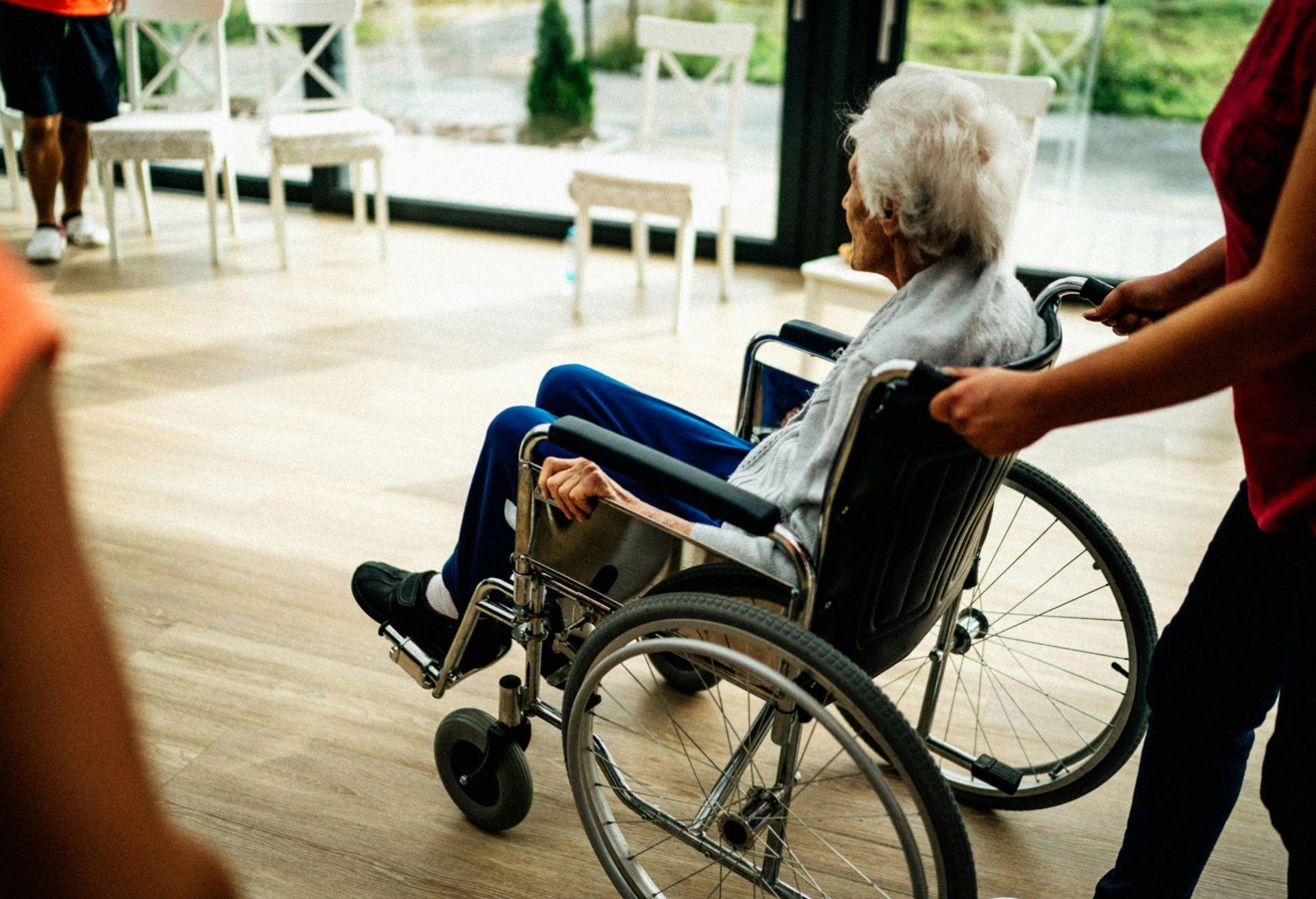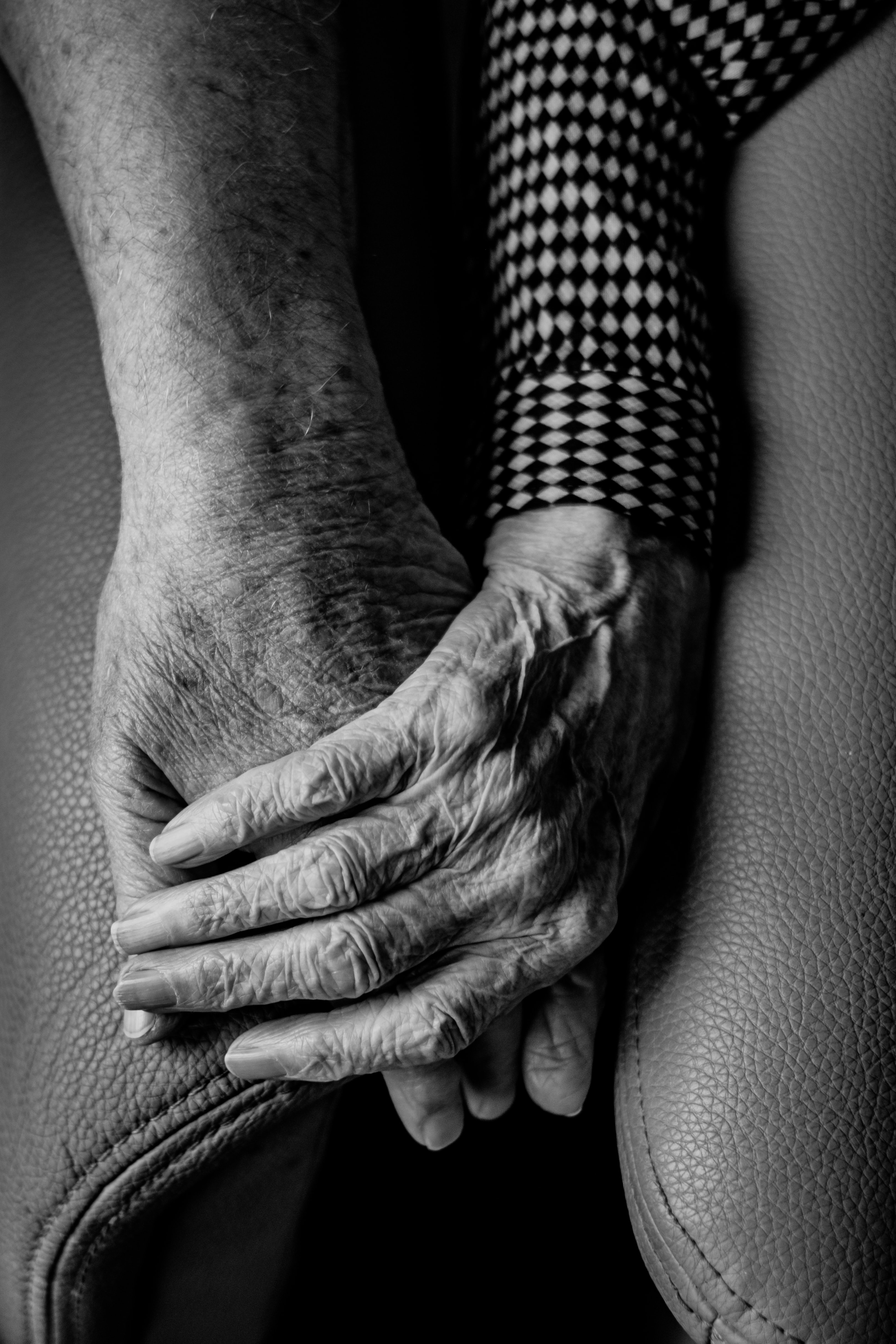Always bear in mind that acting is not only protecting your family member but also preventing others from becoming victims as well.
It is normal to get angry, afraid, confused, and possibly guilty if you have reasons to believe that a relative is being abused or neglected at a nursing home. However, the single most effective thing you can do is act. Failing to report nursing home abuse is not only a disservice to your loved one, but it also denies other victims an opportunity to be protected from the abuser. Below are the 10 tips that will assist you when reporting nursing home abuse:
Recognize the Signs of Abuse
The first step in reporting elder abuse is recognizing the signs. Abuse can take many forms like physical, emotional, sexual, financial, or even neglect. Be on the lookout for:
- Unexplained injuries such as bruises, cuts, or burns
- Sudden changes in behavior, like withdrawal or agitation
- Poor hygiene or untreated medical conditions
- Bedsores or pressure ulcers
- Unusual financial transactions or missing personal items
- Signs of depression or anxiety
Recognizing these signs is crucial, as they often indicate that something is seriously wrong.
Document Everything
When you suspect abuse, it’s vital to document everything, including the following:
- Dates and times of incidents or observations
- Descriptions of injuries or changes in behavior
- Photographs of visible injuries
- Names of staff members involved or present during incidents
- Statements from your loved one or other residents if they are willing and able to speak
Detailed documentation will strengthen your case when you report the abuse and can serve as crucial evidence if legal action is taken.
Talk to Your Loved One
If possible, have a conversation with your loved one about what you’ve observed. Approach the subject gently and let them know that they can trust you. Sometimes, they may be afraid to speak up out of fear of retaliation or embarrassment. Reassure them that their safety and well-being are your top priorities.
Report to the Nursing Home Administration
Before escalating the issue, it’s often recommended to report your concerns to the nursing home administration. Contact the facility’s director or administrator and provide them with the documentation you’ve gathered. They are obligated to investigate and address your concerns.
Be sure to request a written response to your report, and follow up to ensure that corrective actions are being taken. If you feel that the administration is not taking your concerns seriously or if the abuse continues, you may need to escalate the issue further.
Seek Legal Advice
In some cases, you may need to consult with an attorney who specializes in elder law or personal injury. A lawyer can help you understand your legal rights and pursue a civil lawsuit for damages. They can also negotiate settlements with the nursing home, and advocate for your loved one’s best interests. Legal action does not only provide deserved compensation for your loved one’s suffering but also holds the nursing home accountable for its negligence.
File a Complaint with the State

Besides seeking legal advice from local authorities, you should file a formal complaint with your state’s health department or the agency that oversees nursing homes. The agency will investigate your complaints and enforce proper regulations. This may result in penalties or sanctions against the nursing home.
Seek Support from Advocacy Groups
There are many advocacy groups dedicated to protecting the rights of nursing home residents. Likewise, there are many other nonprofit associations and governmental organizations which might be able to give you more information, support and advice, such as the National Center on Elder Abuse (NCEA) or an ombudsman service in your area. These groups can also assist in reporting and can provide information as to how one can check on the safety of the loved one.
Consider Moving Your Loved One
If the abuse is severe or if you feel that the nursing home is not a safe environment, consider moving your loved one to a different facility. This can be a difficult decision, but it’s essential to prioritize their safety and well-being. Be sure to research alternative facilities thoroughly and visit them in person to assess their quality of care.
Follow Up and Stay Involved
Even when an abuse has been reported, the next thing is to continue monitoring the case or seek legal advice. Stay connected with the officers who are investigating the case and be in touch to ensure your loved one’s safety is guaranteed. It is important to ensure that you are still visiting your loved one and keep on with the checking of their progress. Depending on the legal jurisdictions of the cases that you are still involved in, you owe a great duty to make sure that justice prevails and the abuse is not continued.
Endnote
It is noble to report nursing home abuse and a duty that one can manage with adequate information and attitude. To prevent abuse and facilitate fighting against it, it is essential to understand the signs of abuse, write everything down, and follow the correct procedure. Always bear in mind that acting is not only protecting your family member but also preventing others from becoming victims as well.


Join the conversation!